Griffith Review 14: The trouble with paradise
Griffith Review, $19.95, 264 pp, 14482924
No time for fun and games
Literature aspires to be read twice; journalism demands to be read once, Cyril Connolly declared. Between the book and the newspaper lies the journal, juggler of both, simply wanting to be read. In its quest for a readership over the past three hundred years – diligent or dilettantish, it hasn’t been fussy – the journal has banked on the perenniality of the literary and the urgency of the journalistic, according to fashion. The best measure of a journal’s contemporary allegiance is the type of essay it prints. The essay is the journal’s raison d’être, a chameleon form that can turn its attention to everything from the sorrows of war to the pleasures of whist. The latest issues of Griffith Review, Overland and Island make one thing clear – this is no time for fun and games. When even the newspapers are easing us into supine postures with their summer supplements, these journals have chosen to shake us from our slumber. Roused by the banning of two books – Defence of the Muslim Lands and Join the Caravan – last July, Julianne Schultz’s Griffith Review sets itself the task of interrogating the West’s easy claims to freedom. The issue’s theme is ‘The Trouble with Paradise’, and three of the issue’s eight essays – by Allan Gyngell, John Kane and Chalmers Johnson – attempt to make sense of America’s paradoxical status as ‘New World’ and ‘New World Empire.’ There are also essays on failed Edens: Paul Hetherington looks at Donald Friend’s pursuit of sensual and sexual satisfaction in Bali, and Will Robb offers us a rare photo-essay from the streets of the world’s newest democracy, Iraq. But the emphasis is clearly on the two lead essays by Frank Moorhouse and Martin Amis, which, together, take up more than a third of the issue.
Continue reading for only $2.50 per week. Subscribe and gain full access to Australian Book Review. Already a subscriber? Sign in. If you need assistance, feel free to contact us.


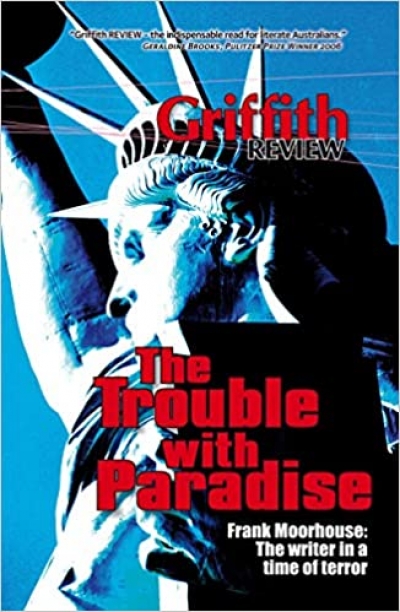


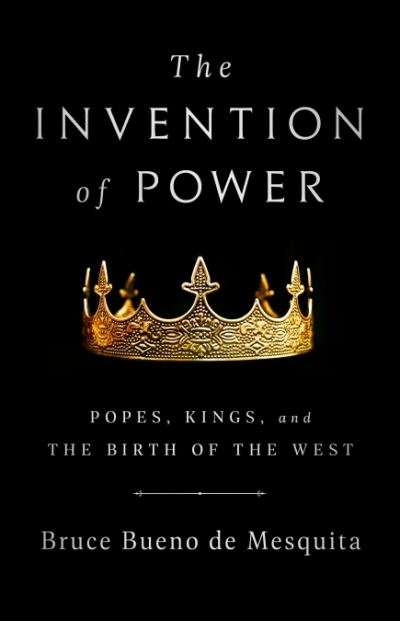
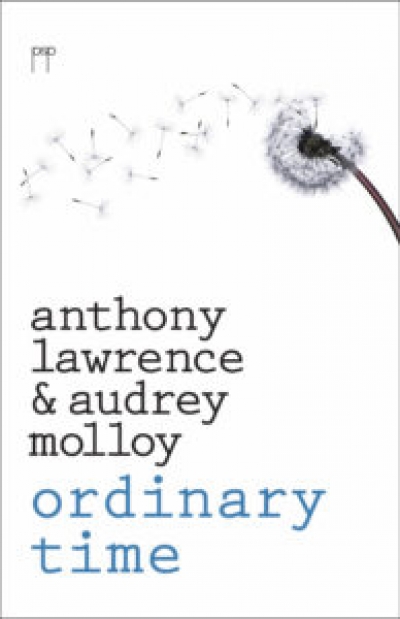
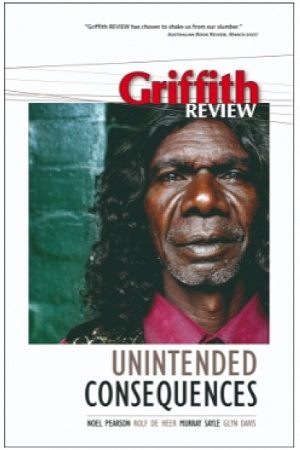


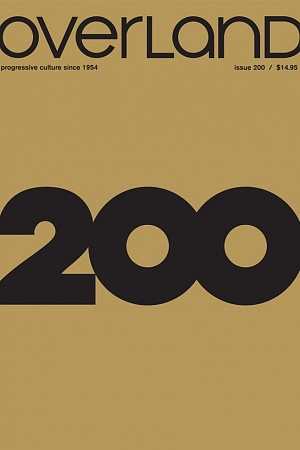
Leave a comment
If you are an ABR subscriber, you will need to sign in to post a comment.
If you have forgotten your sign in details, or if you receive an error message when trying to submit your comment, please email your comment (and the name of the article to which it relates) to ABR Comments. We will review your comment and, subject to approval, we will post it under your name.
Please note that all comments must be approved by ABR and comply with our Terms & Conditions.